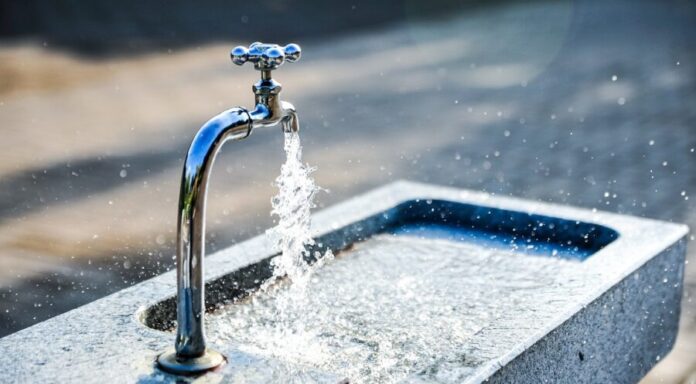The Alat and Karakul Water Supply Project (AKWSP), which was finished in November 2021, has increased access to water and sanitation for more than 232,000 Uzbekistan inhabitants, a World Bank story reveals.
The two areas that had one of the most precarious water supply conditions in the nation for years have undergone a transformation thanks to the project, which was financed by a USD$74 million IDA credit. The AKWSP helped develop a 24-hour supply of clean, piped, running water throughout the project area in less than ten years and assisted in reversing a decades-long trend of water-borne illnesses, the story says.
A history of deteriorated water and sewage systems
The majority of Uzbekistan water supply and sanitation infrastructure, which was built during the Soviet era, have reached the end of their useful lives. There are significant gaps in access to water supply and sanitation services as a result of a legacy of deteriorated infrastructure and a massive investment backlog. The situation is especially bad in rural areas, where residents frequently experience service interruptions or no services at all.
In all districts, there were significant coverage differences between urban and rural areas by the 2010s. In contrast to Alat Town, where everyone had access to piped water, only 9 percent of people lived in rural areas. In Karakul town, coverage was 61%, but in rural areas, it was only 5%. Rural residents, who made up around 80% of the district’s overall population, were either forced to rely on tainted water obtained from irrigation canal and saline wells or to pay excessive prices for water purchased from tanker trucks and kept in cisterns.
When piped water was provided, it was of poor quality, and the utilities were burdened by high rates of unbilled water—more than 50%. Customers were only able to access turbid, unfiltered water for an average of four hours each day. The fact that inconsistent and subpar water supply was the top concern for 90% of households in both districts highlights how crucial access to water is for daily life.



